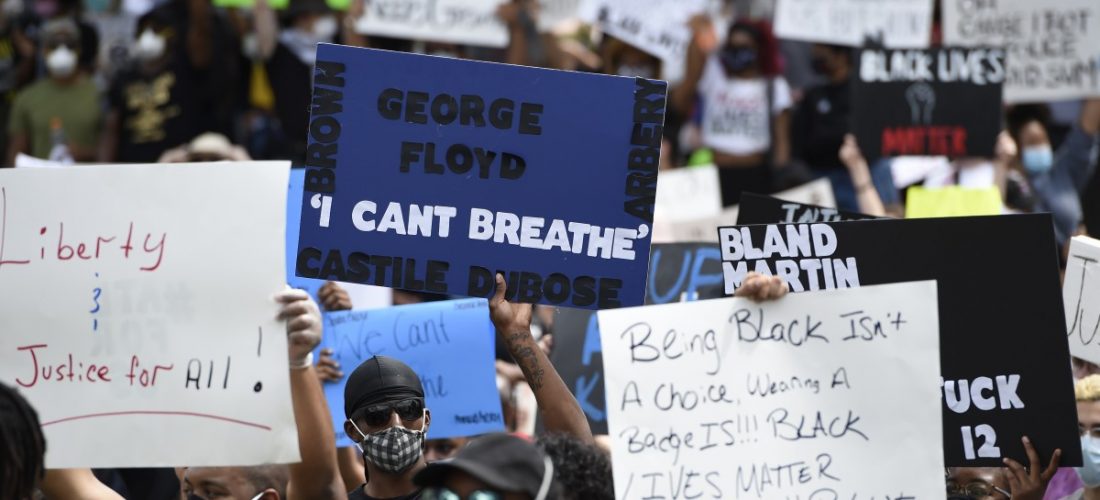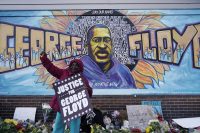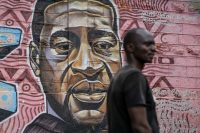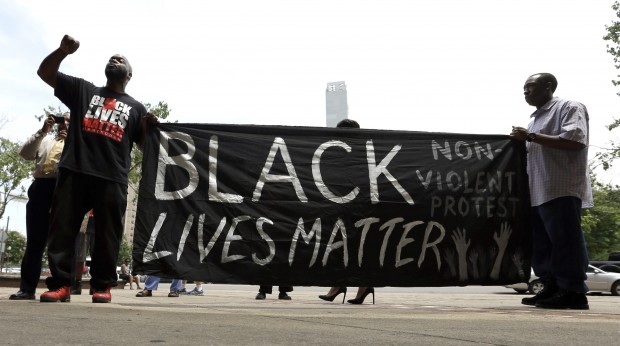MINNEAPOLIS (AP) — Minneapolis City Council members who tried unsuccessfully to dismantle the police department in response to George Floyd’s death are voting Wednesday on whether to shrink it, a move that could imperil the entire city budget because the mayor is threatening to use his veto to protect public safety amid soaring crime rates.
The plan, which supporters call “Safety for All,” is the latest version of the “defund the police” movement that Minneapolis and other cities have considered since Floyd’s May 25 death ignited mass demonstrations against police brutality and a nationwide reckoning with racism.
Eleven of the 13 council members have already cast committee votes in favor of the largest parts of the plan, signaling that passage is likely. It would cut nearly $8 million from Mayor Jacob Frey’s $179 million policing budget and redirect it to mental health teams, violence prevention programs and other initiatives.
“I am actively considering a veto due to the massive, permanent cut to officer capacity,” Frey said in a statement Monday night. Reducing the authorized size of the force by 138 officers before enacting alternatives is ”irresponsible,” he said.
Cities around the U.S., including Los Angeles, New York City and Portland, Oregon, are shifting funds from police departments to social services programs in an effort to provide new solutions for problems traditionally handled by police. Such cuts have led some departments to lay off officers, cancel recruiting classes or retreat from hiring goals.
In Minneapolis, violent crime rates have surged since the death of Floyd, a Black man who was handcuffed and pleading for air for several minutes while Derek Chauvin, a white former officer, pressed his knee against his neck. Chauvin and three others were charged in Floyd’s death and are expected to stand trial in March.
Police have recorded 532 gunshot victims this year as of last Thursday, more than double the same period a year ago. Carjackings have also spiked to 375 so far this year, up 331% from the same period last year. Violent crimes have topped 5,100, compared with just over 4,000 for the same period in 2019.
“This summer happened because George Floyd was murdered by the Minneapolis Police Department and it wasn’t an accident, it’s because the system of policing we know now is not just racist, but it doesn’t create safety for all,” said Oluchi Omeoga, a cofounder of Black Visions, which supports “Safety for All” as a step toward more transformational change.
Due to austerity forced by the coronavirus pandemic, the mayor’s proposal already bakes in a $14 million cut to the department compared with its original 2020 budget, mostly through attrition. Frey aims to hold the number of sworn officers around 770 through 2021 with hopes of eventually increasing the force to 888. “Safety for All” would cap the number at 750 by 2022. The department is already down by about 120 — partly due to officers claiming post-traumatic stress disorder from a summer of unrest — with more preparing to leave amid retirements and poor morale.
Passions ran hot on both sides as more than 400 citizens signed up to speak during a marathon hearing last week that ran into the early hours Thursday, with many expressing alarm that the council was even contemplating cuts.
“I think we need to make bold decisions on a path forward,” said Council Member Steve Fletcher, a coauthor of the proposal. While acknowledging that it would mean fewer officers, he defended the plan by saying it would reduce the department’s workload by shifting 911 calls away from armed officers to other specialists such as mental health professionals.
“Combined those investments add up to a safer city for everybody and an approach that creates a more sustainable public safety system for our city,” Fletcher said in an interview.
On the other side are those like Frey and Police Chief Medaria Arradondo who say there’s no need for an either-or decision — that it’s possible to reform policing without cutting officers. The mayor and 12 of the 13 council members are Democrats; one council member is from the Green Party.
If the council approves the plan Wednesday night, Frey would have five days to veto if he chooses. The council could override him with a two-thirds majority, or nine council members.
A proposal over the summer to dismantle the department and replace it with a “Department of Community Safety and Violence Prevention” initially had support from a majority of the council but faltered when a separate city commission voted against putting it on the November ballot. The city was paying $4,500 a day at one point for private security for three council members who reported getting threats after supporting defunding.
Bill Rodriguez of Minneapolis, part of a community group called Safety Now Minneapolis that formed recently in response to rising crime, said his group supports police reform by funding many of the programs the council wants to fund: expanding violence prevention programs, programs aimed at intervening safely with people suffering mental health issues and finding ways to respond to some 911 incidents without police officers.
But he said cutting police officers is a bad idea and was sharply critical of council members who he said “can’t get beyond” their vow this summer to abolish or defund police.
“They are hell-bent on their agenda,” Rodriguez said. “Everything they do has that taste on it. … They’re still making this up as they go along. We’ve got a City Council being run by a bunch of inexperienced activists who have never run anything in their lives.”








